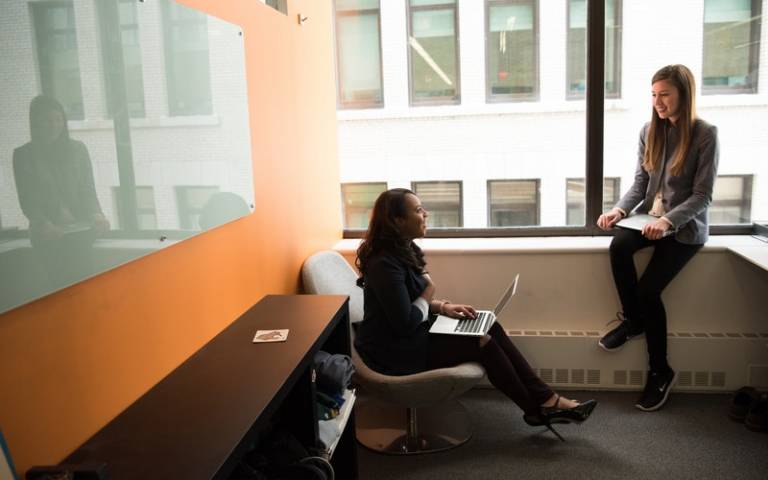VIRTUAL EVENT: Can parental leave break the glass ceiling?
25 November 2020, 1:00 pm–2:00 pm

In this webinar, Professor Astrid Kunze from the Norwegian School of Economics will discuss her research on the effects of parental leave policies.
This event is free.
Event Information
Open to
- All
Availability
- Yes
Cost
- Free
Organiser
-
Bozena Wielgoszewska
Generous government-provided parental leave is viewed as an effective policy to support women's careers around childbirth. However, very little is known about whether it helps to promote women to the upper echelons of the corporate world.
In this talk, Professor Kunze will address this by discussing her research on the effects of parental leave policies.
Her research looks into series of reforms that expanded paid maternity leave from 18 weeks in 1987 to 52 weeks in 1993, and introduced a four-week paternity quota in 1993, and extended it to five weeks in 2005.
The research outcomes allow us to see whether a woman is employed in a top-pay position within her company and whether she reaches a high-power position.
Professor Kunze and her colleagues looked at the impact on hours worked and wage rates among women at the top and distinguished short- from long-term effects on women's careers. They also analysed the parental leave impact on fathers.
QSS seminar series
In this weekly Quantitative Social Science (QSS) seminar series, speakers present research that falls under the broad umbrella of quantitative social science.
Links
- QSS seminar series
- Centre for Longitudinal Studies
- Quantitative Social Science
- Social Research Institute
Image: Christina Morillo via Pexels
About the Speaker
Astrid Kunze
Professor of Economics at The Norwegian School of Economics
Astrid's main research interests are labour economics and applied micro-econometrics. She is particularly interested in the causal effects of public policies on labour market behaviour.
Other events in this series
 Close
Close

